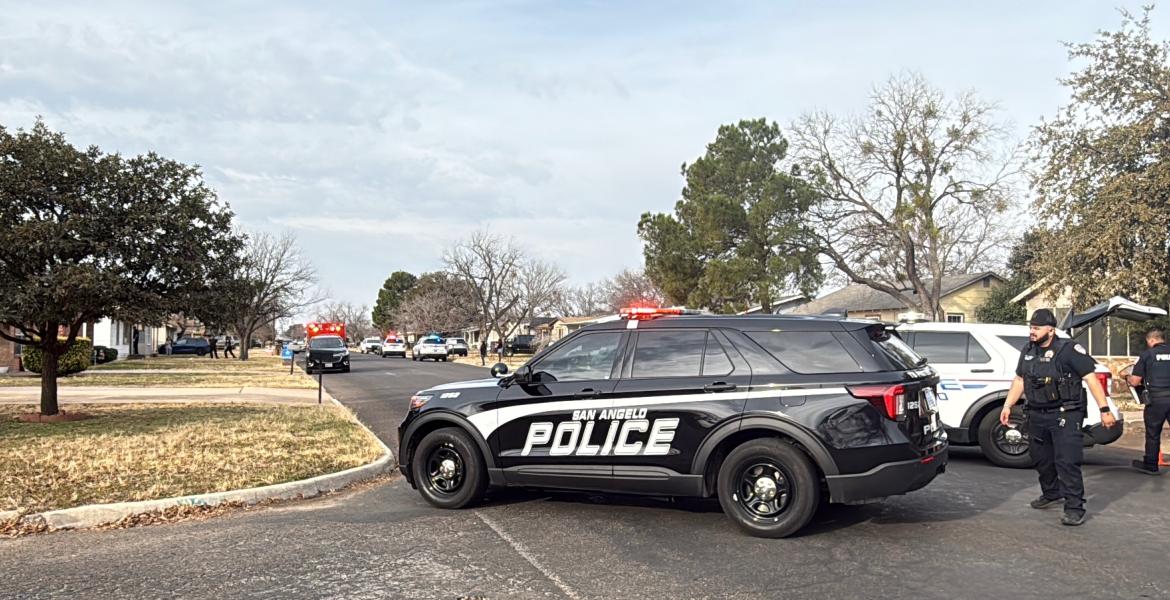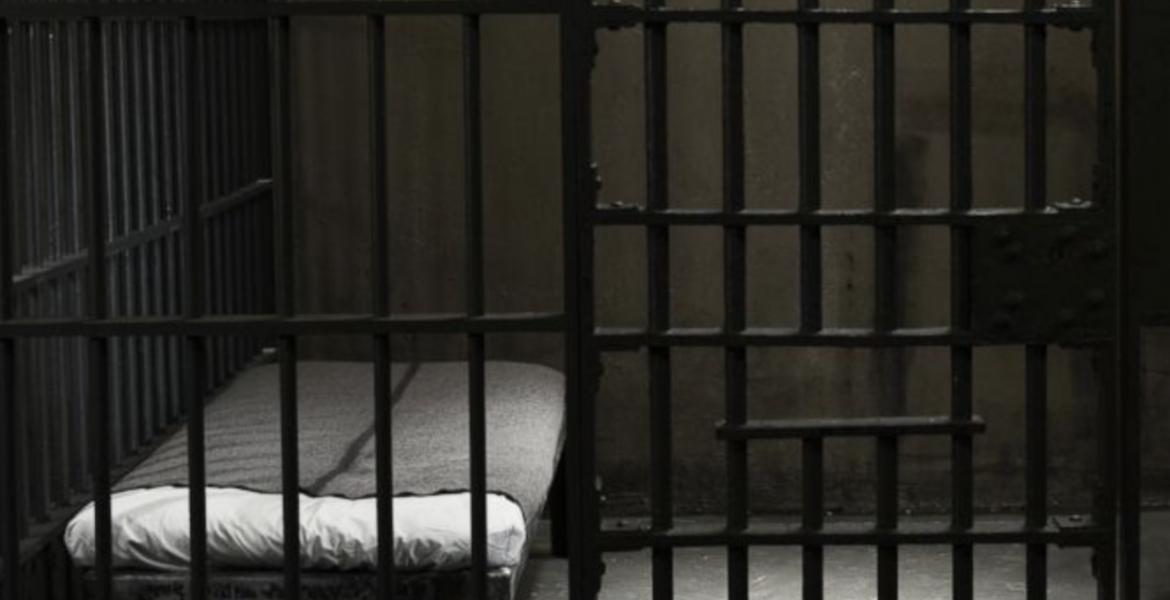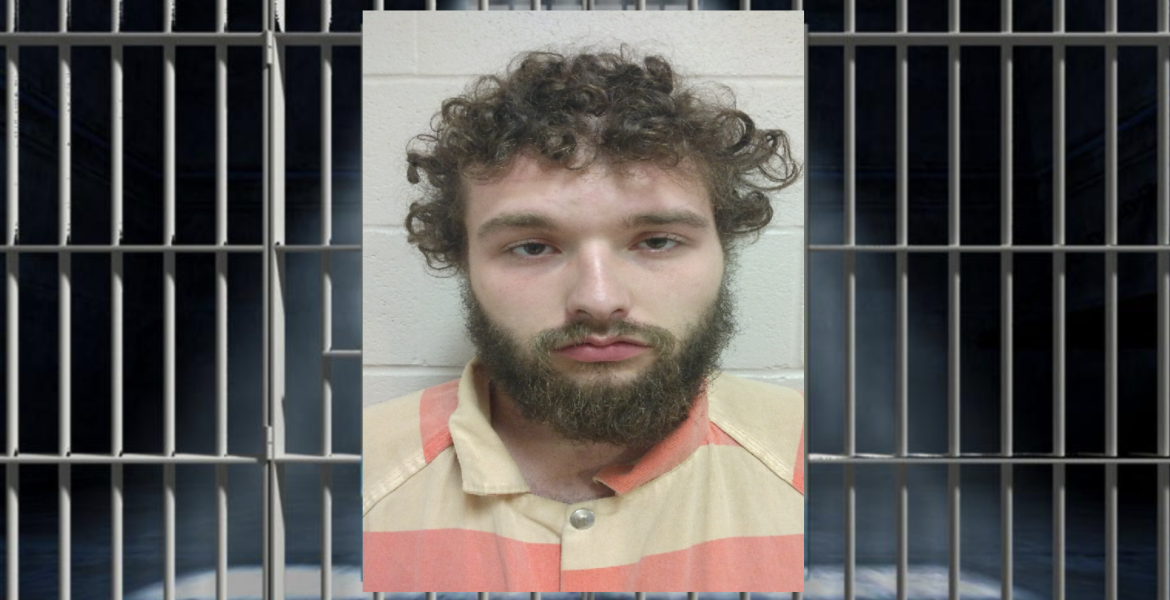LUBBOCK, TX — Jurors at the bribery trial in federal court of former San Angelo Chief of Police Tim Vasquez learned that the charges eventually filed stemmed from a small investigation into a charity golf tournament Vasquez organized for May 1, 2015. It was a fundraiser for the Texas Police Chiefs Association, and organization that Vasquez had been elected president in April 2015.
According to Tom Green County Sheriff Nick Hanna, who was the lead investigator of the Vasquez case as a Texas Ranger from 2016-2019, Vasquez was the organizer and handled all of the finances for the May 2015 golf tournament where donations were made through selling auction items, raffle tickets, special events like ‘hole in one’, and mulligans. Because there were complaints about how the tournament was conducted, particularly how the cash was handled, Ranger Hanna opened an investigation and subpoenaed Vasquez’s banking records.
Hanna said he found that four checks, donations from the tournament, that were cashed through Vasquez’s checking account. Hanna was not allowed to discuss amounts of cash by the court. However, Hanna did testify that he did not notice cash deposits in the Vasquez accounts that could definitely be related to the tournament.
The golf tournament story could not completely be told due to a pre-trial ruling from the judge to prevent “inflammatory” or unproven anecdotes that could violate Mr. Vasquez’s Civil Rights. The prosecution was able to tell a great deal of the story.
Vasquez is accused of accepting bribes from Dailey and Wells, a San Antonio Harris brand public safety radio vendor, over a period of about 10 years, starting when the City of San Angelo installed a Dailey and Wells Harris system in 2007 and during a 2015 upgrade of that same system.
The four donation checks totaling $3,080, written to Vasquez, were deposited into Vasquez’s personal bank account between May 28 and June 1, 2015, or almost a month later, Hanna testified. It was not until September 1, 2015 that Vasquez cut a check to the Texas Police Chiefs Association Foundation for $4,000. The extra amount presumably included the cash donations. But, in the intervening months before the organization was paid, Hanna testified, Vasquez’s personal checking account dropped to a balance of $69. Then, on August 31, 2015, Vasquez received the proceeds from a loan from Spring Leaf Financial Loan for $3,000. Spring Leaf is an online pay-day loan company (now called One Main). Hanna testified that he calculated the interest rate of Vasquez’s loan at 31.7 percent.
With funds from the loan in place, Vasquez wrote the $4,000 check to the Texas Police Chiefs Association.
Then, about 15 days later, Vasquez paid off the payday loan, on Sept. 15, 2015. What aided Vasquez to pay off the high interest loan is that he received funds via a check from Buster’s and Buddy’s, a Dailey and Wells subsidiary, Hanna said. This led Hanna to discover more payments from Dailey and Wells.
According to the prosecution, since 2007, Daily and Wells paid Vasquez $178,382.51 through payments to his band, Funky Munky. The defense hasn’t disputed this amount but has instead stressed to the value of a Funky Munky performance, especially at a private party.
In July 2016, Vasquez lost the runoff election for police chief to Frank Carter. Four months later, according to Hanna’s testimony, Vasquez texted him after hearing rumors that he was under investigation by the Texas Rangers.
“Hey Nick, Tim Vasquez here. What is happening now? Who filed the complaint? I mean, man,” Vasquez texted.
Hanna showed his texting responses during his testimony. He told Vasquez he would be in contact once he needs Vasquez’s input. Hanna said he never contacted Vasquez again.
Hanna’s testimony capped more than a day and a half of testimony for the prosecution. Tuesday started with testimony from the U.S. lead investigator Jeff Andresen. He outlined the case against Vasquez, particularly with the finances of what and when Dailey and Wells paid Vasquez since hiring his band in 2007. He stressed that payments for Funky Munky performances at night clubs were four times less than payments for Dailey and Wells private party functions.
All but one of the city council members in June 2015 who voted in favor of the $5.7 million Dailey and Wells radio deal testified that each would have not voted to approve the radio upgrade in 2015 had they known about the off-hours business relationship Vasquez had with Dailey and Wells, including former councilmen and women Rodney Fleming, Charlotte Farmer, Elizabeth Grindstaff, Johnny Silvas, and Lucy Gonzales. All testified that if each had known of the payments to Vasquez, each would have withheld their support of the radio project. Grindstaff testified in detail about the ethics of being a city councilwoman and an assistant city manager. She said had the city staff known about Vasquez’s business relationship, the city staff may have kept the radio deal off the council agenda.
Only former Mayor Dwain Morrison said Vasquez’s business relationship would not have changed his vote to approve the radio upgrade. Morrison believed the Harris radio solution — and the proposed price because it was to be purchased through a vetted co-op — were in the best interests of the City of San Angelo. All council members agreed the 2007 radio system needed to be upgraded.
Hanna’s testimony was the finale of the prosecution’s case. Then prosecution rested.
In the late afternoon, the defense began its arguments. The witnesses called included Vasquez’s accountant Louis Gomez, former Funky Munky lead singer Cacy Savala Briseno, and San Angelo attorney Jeff Betty.
On the stand and under cross-examination, Gomez tended to agree that Vasquez understated his revenue on his Schedule C in his earlier tax filings starting with the first year presented by the prosecution, 2013. Towards the latter part of last decade, Vazquez’s Schedule C revenue seemed to be in line with the revenue the prosecution’s investigator, Andresen, totaled. The defense claimed in its opening arguments that Vasquez couldn’t be accepting bribes because he claimed the income on his taxes.
Singer Cacy Savala Briseno testified about the musicianship of Funky Munky and offered an “inside the industry” take on musician payments for performances at a regular bar or tavern (The House of FiFi DuBois was frequently mentioned as a venue that didn’t pay top dollar) versus a private party such as the Dailey and Wells parties. Briseno said she would receive only $150 for a bar show but a private party could net her $500 per evening.
The defense used Briseno’s testimony to argue the higher payments for Dailey and Wells parties were justified and should not be compared to regular shows at bars and taverns. The prosecution argued earlier that Dailey and Wells gig deals were paid an amount four times greater than other shows. The prosecution at one point named well-known musician Jesska Bailey as a source for how much bands should be paid. The mention of the name drew sneers from the defense table. Apparently, Bailey had been a singer for Funky Munky for a short stint before Vasquez and Bailey departed ways on bad terms. The defense pointed out she had an ax to grind against the former chief. The prosecution dropped further mentions of Bailey.
Jeff Betty, who was serving the City of San Angelo as an assistant city attorney in 2007, testified that he introduced Vasquez to Richard Wells, the CEO of the radio company when Wells lamented a band he had booked for his wife’s 25th anniversary had canceled. Betty said he emailed Wells’ contact information to Vasquez after recommending Vasquez’s band to Mr. Wells.
On cross, however, the prosecution turned Betty into a hostile witness for Vasquez. Haag asked Betty if someone comes to you with Dailey and Wells music performance contract and you learned that the chief of police had received $80,000 in payments for an off-duty gig, would Betty allow the chief to make a recommendation on what radio system the City should purchase?
Betty, who in his current practice advises municipal governments on ethics answered,
“If chief was given $80,000, he couldn’t touch it if he was the final decider.
“If the chief wasn’t the decider, he wasn’t per se out of line, but …,” Betty testified.
Then Betty continued, warning of the pitfalls with the “appearance of impropriety”.
“When there’s a doubt you remove that doubt by recusing yourself,” Betty said. Betty also said the City of San Angelo purchasing manual directs the city office to disclose direct or indirect business relationships in deals $2,500 or greater.
The trial continues Wednesday, March 23, where Vasquez will take the stand in his own defense.
Subscribe to the LIVE! Daily
Required






Comments
Jesska Bailey and well known musician in the same sentence...interesting.
- Log in or register to post comments
PermalinkPost a comment to this article here: